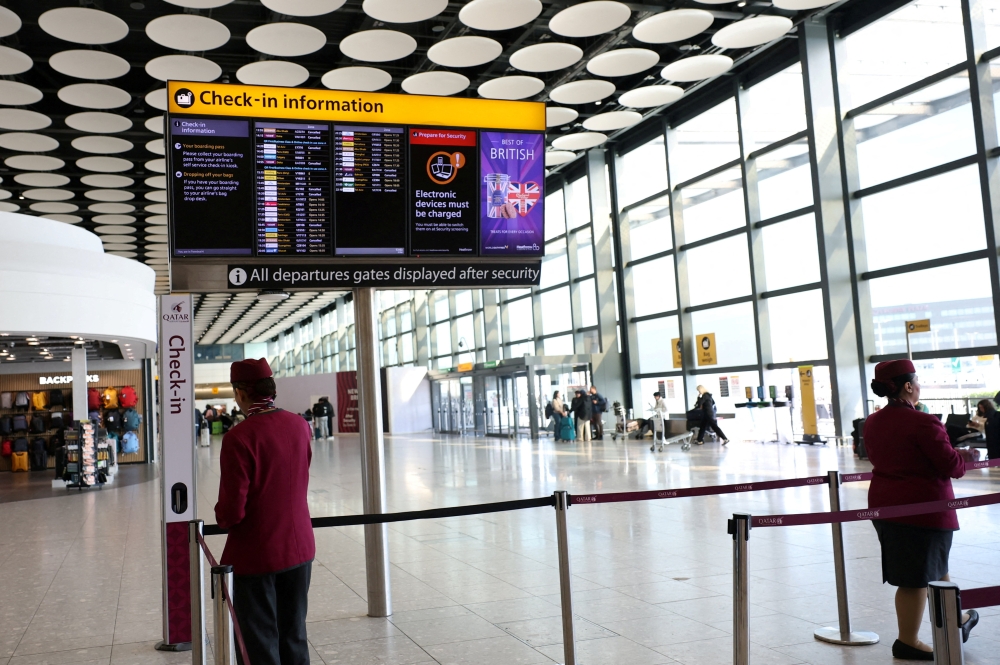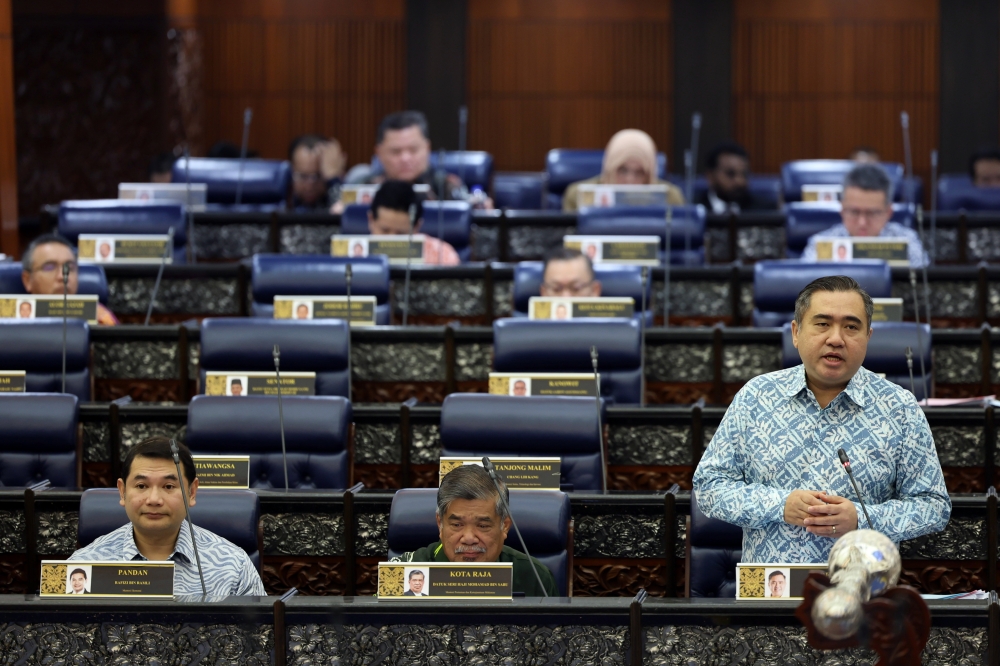NEW YORK, Nov 21 — In the USA, Thanksgiving kicks off the festive season this Thursday, a time synonymous with joy, comfort, cheer and goodwill. But not everyone seems to be looking forward to the festivities. A survey reveals that this year’s holiday season is also a time of stress and anxiety, particularly in connection with inflation, national and global conflicts, and the resurgence of Covid-19 cases.
From decorating the tree or the Thanksgiving table to entertaining guests, the festive season is usually a source of excitement, happiness, comfort and even hope. It’s a time steeped in childhood nostalgia that brings its share of joy and laughter, no matter how you approach it. But this year could be an exception. A new survey commissioned by The Ohio State University Wexner Medical Centre and College of Medicine suggests that this period could actually be a source of stress and anxiety. This is due to inflation, which is likely to have an impact on spending originally earmarked for pleasure and indulgence, but also due to national and international conflicts and an upsurge in cases of respiratory illness.
Uncertain times weigh heavy
Conducted online and by telephone among 1,007 US adults, the survey reveals that national problems and world events represent a source of stress for 81 per cent of respondents this year. But that’s not the only problem that could mar the holiday season. Three quarters of Americans surveyed also say they feel stressed by rising prices and by the expenses associated with the holidays. This is despite the fact that inflation in the USA has slowed during 2023 compared to the same period last year.
Another uncertainty highlighted by the survey was the impact that certain illnesses, or at least their resurgence, could have on preparations for the festive season, and even more so on travel during this time. More than half of those surveyed said they were anxious about the increase in respiratory illnesses across the country, including influenza and Covid-19. These stress factors are having an impact on people’s mental health, turning a period synonymous with comfort and joy into a source of considerable stress.
“The holidays kind of bring on this feeling of sadness and struggle when we really want it to be more of a joyous time. I encourage people to reflect on what the holidays meant for you growing up,” advises Nicole Hollingshead, PhD, a psychologist at the Ohio State Wexner Medical Centre, quoted in a statement.
Don’t lose sight of what matters
In a feature responding to this research, the psychologist shares her recommendations for dealing with this time of year and, above all, not losing sight of what’s essential: enjoying time with your family and loved ones. The advice given by the health professional includes the need to focus only on the problems you can solve — in other words, those over which you have real control. It’s impossible, for example, to tackle inflation, but it’s more feasible to discuss your holiday budget with your loved ones or partner, and decide on a potential reduction in spending.
According to the specialist, the same applies to the most stressful events, whether national or global. While it’s not possible to intervene in a country’s politics, or even in the escalation of conflicts on an international scale, it is possible — and sometimes necessary — to limit your exposure to the news, or even to avoid it altogether. As for respiratory illnesses, she advises that “mitigating your risk is the best way to protect you and your family... Make sure you are caught up on recommended vaccinations, set clear boundaries about being around people who are feeling sick and wash your hands frequently.”
She concludes: “It gets close to the holidays, and I worry: ‘Did I buy enough for my family? Did I do enough?’ And so we can lose sight of the importance of having too many gifts or making sure everybody has enough to unwrap. Then we lose sight of the big picture, which is that time together.”
The study was carried out on behalf of Ohio State University’s Wexner Medical Centre by SSRS on its Opinion Panel Omnibus platform, a bi-monthly national survey conducted from October 20 to 23 among a sample of 1,007 respondents representative of the target population of American adults aged 18 or over. — ETX Studio






















